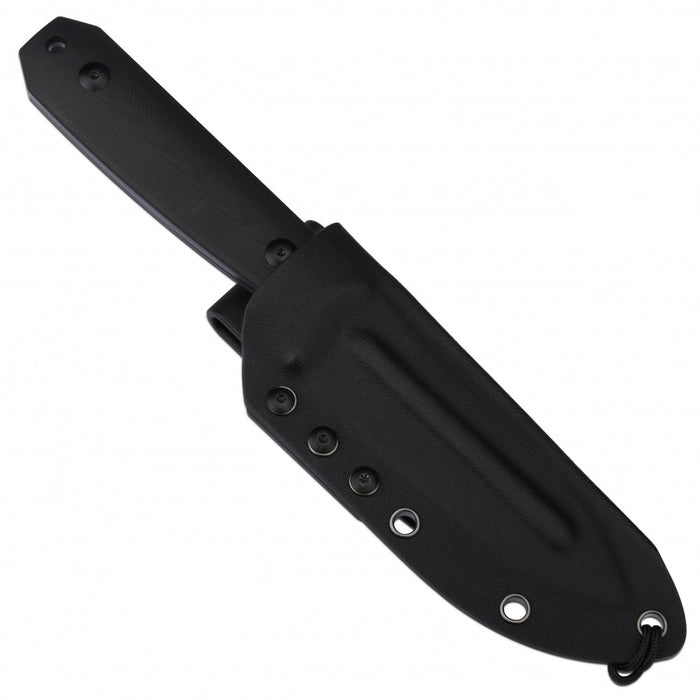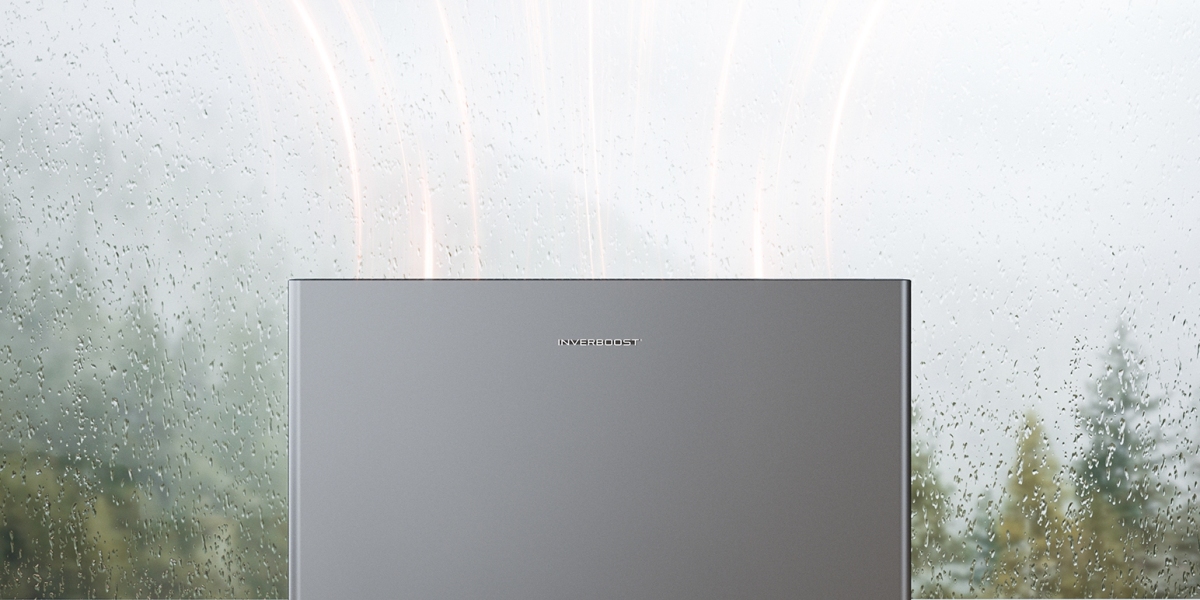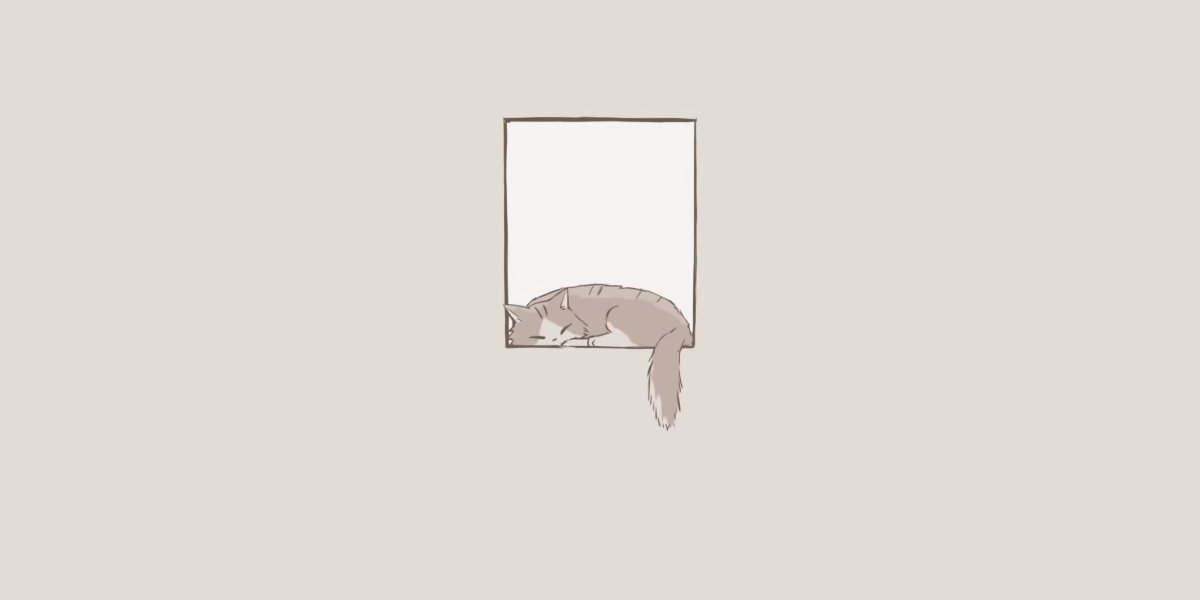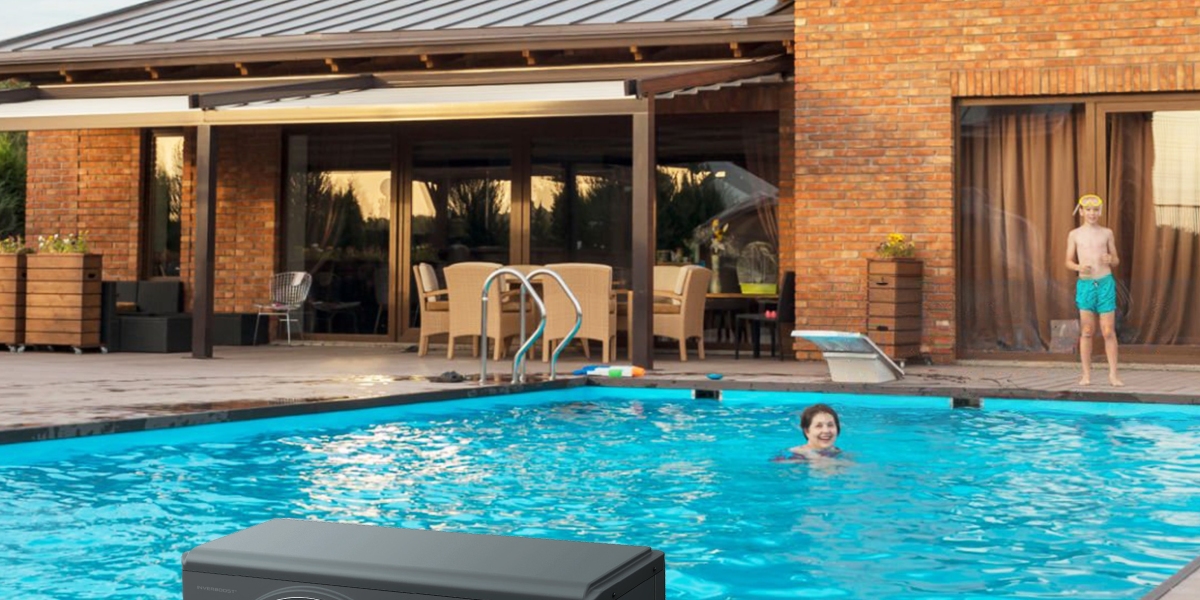Fixed blade knives are a type of knife that have a blade that is permanently fixed in place and does not fold or retract. These knives are commonly used in various industries for a wide range of tasks. However, there are several reasons why every professional in the industry should not own a fixed blade knife.

Increased Risk of Accidents
One of the main reasons why every professional in the industry should avoid owning a fixed blade knife is the increased risk of accidents. Unlike folding knives, fixed blade knives do not have a locking mechanism to secure the blade in place when not in use. This means that if the knife is not properly stored or handled, it can easily cause unintentional injuries. For example, if a worker accidentally brushes against a fixed blade knife that is not properly stored, they may sustain a serious cut or puncture wound.
Furthermore, the lack of a folding mechanism also makes fixed blade knives more prone to accidental injuries during use. The blade is always exposed, increasing the chances of accidental cuts or stabs. This is especially concerning in industries where workers need to perform tasks in tight or confined spaces, where the risk of accidentally injuring oneself or others is higher.
Difficult to Carry and Store
Another drawback of fixed blade knives is their size and shape, which makes them difficult to carry and store. These knives typically have a longer and bulkier design compared to folding knives, making them less convenient to carry on a daily basis. In industries where workers need to move around frequently or have limited storage options, the size and weight of fixed blade knives can become a hindrance.
Additionally, the lack of a folding mechanism makes it challenging to safely store fixed blade knives. Since the blade is always exposed, it requires a sheath or holster to prevent accidental injuries when not in use. This adds an extra step to the process of using and storing the knife, which can be time-consuming and inconvenient in fast-paced work environments.
Limited Versatility
Fixed blade knives are designed for specific purposes and are often less versatile compared to folding knives. They are typically used for heavy-duty tasks that require a strong and durable blade, such as cutting through tough materials or performing survival-related activities. However, in many industries, professionals often require a knife that can handle a wide range of tasks, from cutting ropes to opening packages. Fixed blade knives may not be the most suitable option for these versatile needs.
Furthermore, the fixed blade design limits the portability and ease of use in certain situations. For example, when working in tight spaces or in awkward positions, a folding knife with a compact design can be more practical and efficient to use. The fixed blade of a knife may hinder movement or make it difficult to maneuver in such situations.
Conclusion
While fixed blade knives have their uses in certain industries and situations, there are several reasons why every professional in the industry should avoid owning one. The increased risk of accidents, difficulty in carrying and storing, and limited versatility make fixed blade knives less practical and suitable for many professionals. It is important to consider the specific needs and requirements of the industry before choosing the right type of knife for the job.






